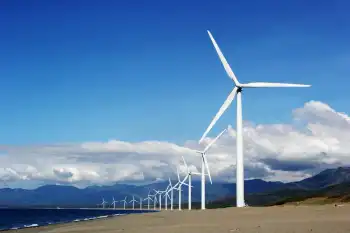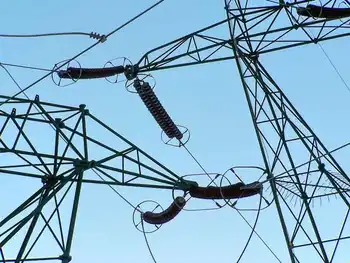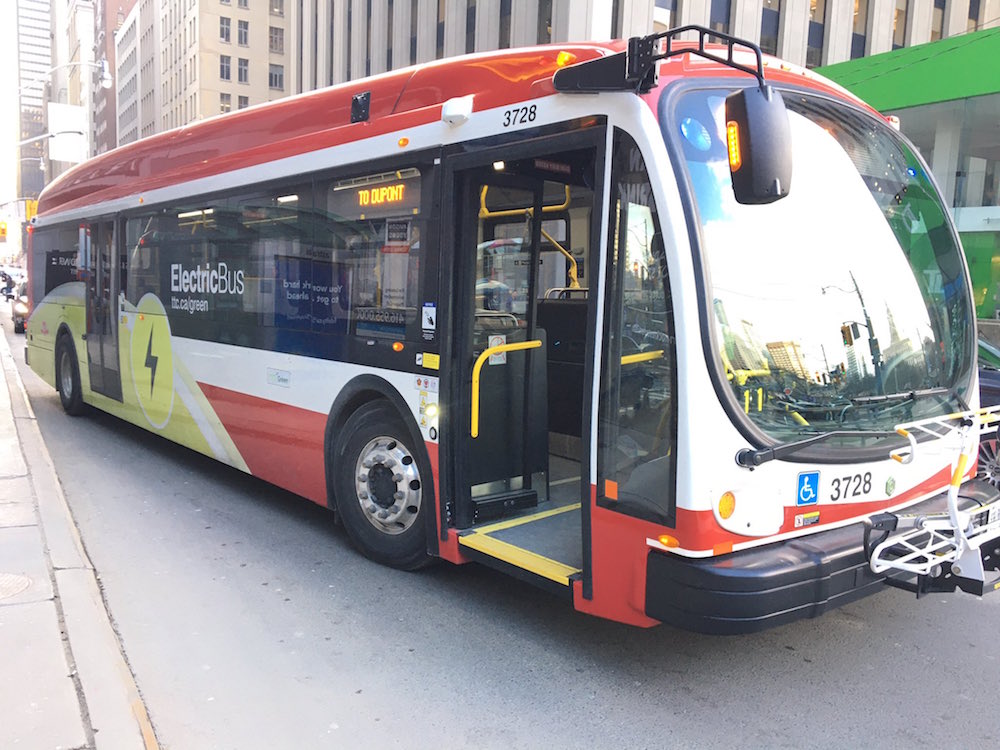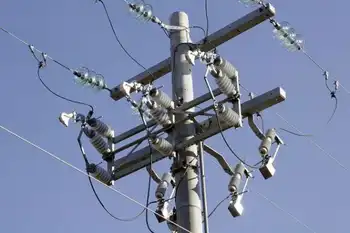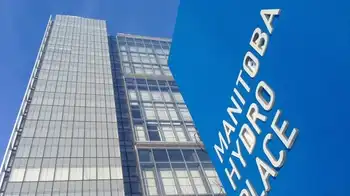Magna, Ford unveil battery-powered Focus
By Auto Industry Reporter
Substation Relay Protection Training
Our customized live online or in‑person group training can be delivered to your staff at your location.

- Live Online
- 12 hours Instructor-led
- Group Training Available
The battery-powered compact car represents a key part of Ford's electric vehicle strategy during the next few years, which also includes more traditional gas-electric hybrids, new plug-in hybrids and a battery-powered commercial van.
Ford officials outlined the strategy at the North American International Auto Show in Detroit.
The Ford link-up with Magna comes after the Canadian auto parts giant took a Ford Focus and re-engineered it to run on battery power as a way to showcase the breadth of Magna's capabilities to auto makers. In addition to simple parts, Magna designs and assembles modules as well as complete vehicles under contract to car companies.
"This won't be a huge part of our business, but it is a significant opportunity for collaboration," said Don Walker, co-chief executive officer of Magna who took a spin with The Globe and Mail around downtown Detroit in the battery-powered Focus that Magna developed for Ford.
"Two years ago we made a conscious decision that we want to be one of the foremost suppliers in electric vehicles, whether it's hybrid or complete electric vehicles," Mr. Walker said.
Barb Samardzich, Ford's vice-president of power-train engineering, said "Magna took an initiative to build a demonstration vehicle, which for us at Ford said, they really get it."
Ford plans to have 10,000 such battery-powered compact cars on the road beginning in 2011, and it will be a global vehicle that will be sold in the three key markets of North America, Europe and Asia-Pacific, Ms. Samardzich said.
Such partnerships between auto makers and their key parts suppliers will be crucial over the next decade as car companies rush to meet new, more-stringent fuel economy standards by 2020 at an estimated industry-wide cost of more than $100-billion (US).
The partnership between Ford and Magna allows Ford to bring a battery-powered vehicle to market more quickly, Ms. Samardzich said.
Batteries are very expensive and very heavy, she noted.
"We're really looking for a breakthrough in battery technology."
At the moment, the Focus compact can travel about 160 kilometres before it needs to be charged, which Ford believes is more than sufficient for the average daily commute. It takes about eight hours to recharge.
The key challenge of demonstrating that the battery works has been overcome, Magna's Mr. Walker said, and now improving the technology to make the vehicles roadworthy is "grunt work."
"How many cycles can you charge it? What happens if you do partial charges over and over again?
"What happens if it's minus 40 degrees out there? What happens if [it's] plus 120 degrees? What happens if one cell dies? How fast do you bring it out? These are all critical parameters," Mr. Walker said.
The race for green leadership is one of the key themes of this year's auto show as the Detroit companies in particular struggle to emerge from a severe sales slump brought on in part by soaring gasoline prices earlier this year.





